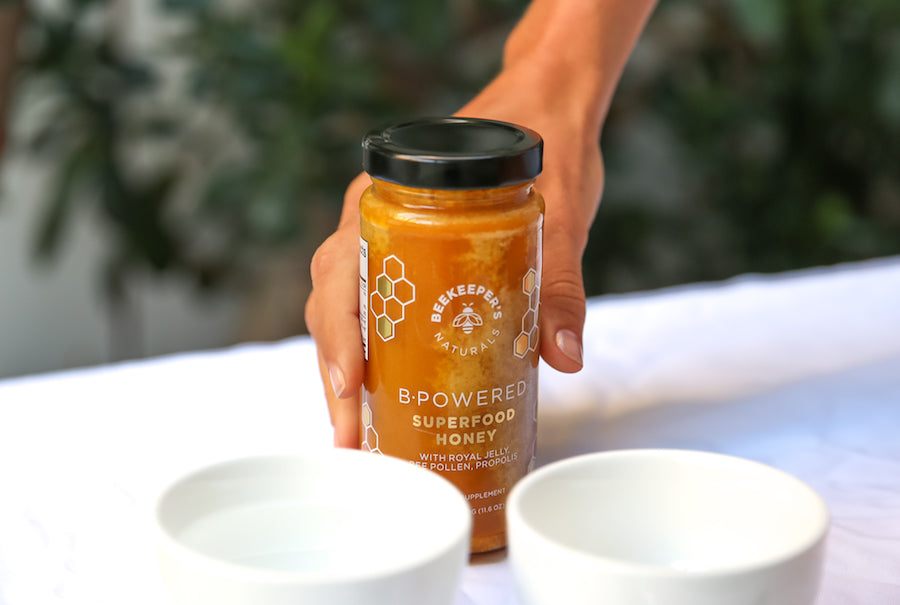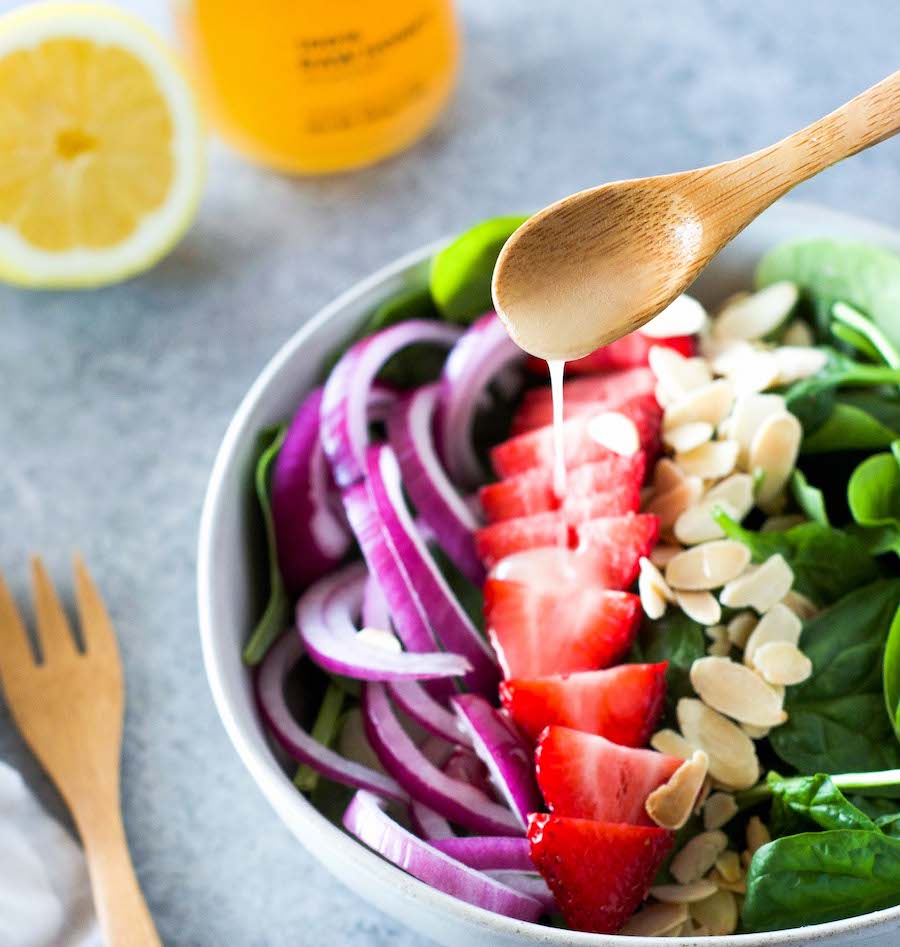What do you do when you’re tired of working for the U.S. government? If you’re Tara Chapman, you take up beekeeping. After almost 10 years working for the U.S. government—doing intelligence and oversight in Pakistan and Afghanistan—Tara stumbled upon a chance beekeeping class. Game for a new hobby, she took it and absolutely fell in love with the bees. Less than a year later, she quit her government job to apprentice with a local beekeeper. And shortly thereafter, she founded her own operation—Two Hives Honey in Austin, Texas. What a whirlwind!
We caught up with Tara to chat about becoming a beekeeper, the incredible benefits of honey, and get the 411 on her Texan hives…
How long have you been a beekeeper?
Folks are often surprised to hear that I have only been keeping bees for about 4 years! Shortly after becoming a hobbyist, I dove in deep, quitting my job and working for a professional beekeeper for 4 months to learn the craft.What was your greatest fear about keeping bees?
Starting a hive can be really intimidating, and understandably so. After all, we are talking about tens of thousands of stinging insects in your backyard! I took a class but didn’t actually start for at least a year after. I finally jumped in when I made a friend who was also interested is starting a hive. Everything is less intimidating when you start with a friend!
We absolutely love your beautiful photos of the bees. Tell us more about them!
Bees are such beautiful creatures... and of course, honey isn’t too shabby either! The bees make photography so easy since they are such aesthetically pleasing subjects! I don’t like to take any technology into the bee yards—so that I ensure my focus is 100% on the bees—but I make an exception from time to time to snap some gorgeous pictures to share with our followers.Do you use any bee products for health purposes?
I eat about 8 ounces of honey a week. It may sound like a lot, but that’s “acceptable” if you are a beekeeper! I have seen amazing improvements in my respiratory system by eating my own raw honey every day. I also use honey on wounds and burns and see less scarring and quicker healing times as a result. It’s incredible!
What sustainable practices do you incorporate into your beekeeping?
We don’t feed our bees high fructose corn syrup. In fact, it is my goal to never have to feed our bees. If we have a yard where heavy feeding is required to keep the hive strong, we move the bees to a yard with more readily available nectar.
We also don’t move our bees around for pollination services. In fact, half of my hives are at the original location where they were first sited at over 3 years ago. We harvest very responsibly, considering the health and well-being of the bees before pulling honey. We are treatment-free beekeepers and don’t use any chemicals or antibiotics in our hives. Rather, we use a very involved integrated pest management program and relies heavily on survivor genetics to combat varroa [a parasitic mite].
Are there any unique plant types in your area that produce a special variety of honey?
We are lucky to have hives very near lots of honey mesquite, which is a tree native to Texas. Farmers and ranchers hate mesquite because they are water hogs and the thorns prick their livestock, but it is a terrific nectar producer! Mesquite nectar results in a very clear, bright yellow honey with a very unique flavor. It’s one of my favorites and has become a favorite of our customers as well!What do people say when you tell them that you’re a beekeeper?
More often than not, folks say, “Did you say you’re a BOOKEEPER?”
Want to hear more from Tara? You can follow her, Two Hives Honey, and her photogenic bees @twohives on Instagram.







